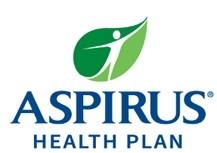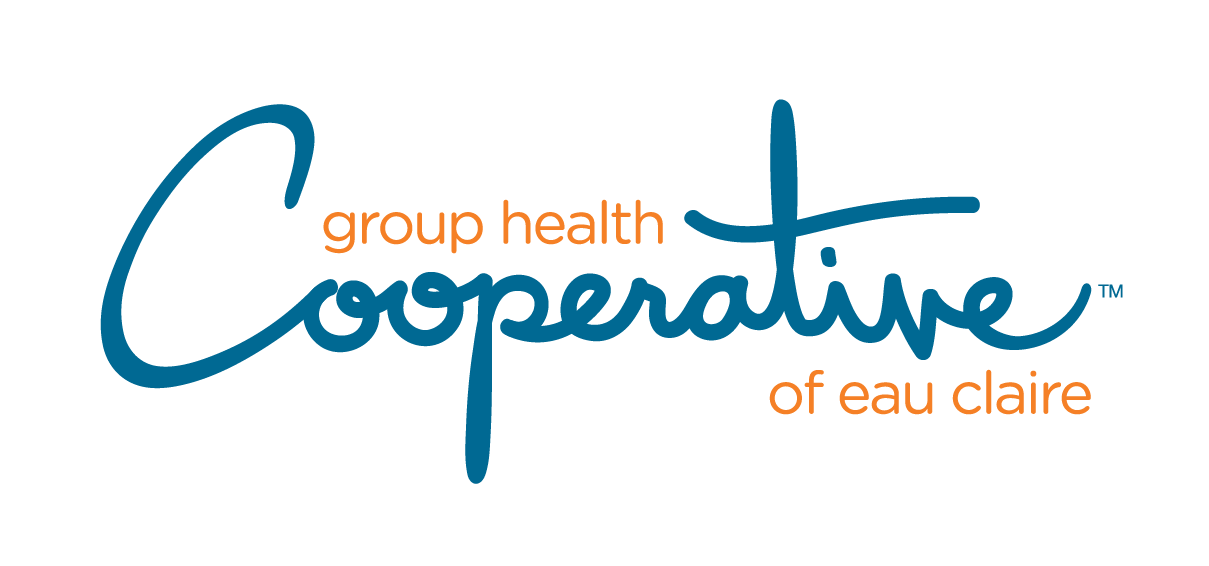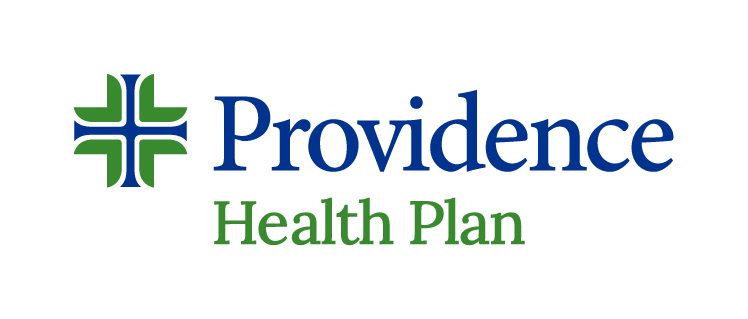July 1, 2021
by Nona Tepper, Modern Healthcare
Independent Health pays providers for patient outcomes, not by how many people primary care clinicians get to walk through their front door.
In the four years since the insurer implemented its primary care capitated payment program, the Buffalo, New York-based health plan has moved 630 clinicians to accept a 10% up-and-downside adjustment for effectively managing 20,000 patients’ health. Providers like the program because it allows them to tailor their practice offerings and stay financially afloat when patients skip visits during the COVID-19 pandemic. Independent Health benefits from clinicians’ increased focus on preventative care, which decreases members’ hospital and emergency department stays and lowers overall costs, CEO Dr. Michael Cropp said.
…
Insurers are increasingly making front-end tech and training investments for independent practices, said Ceci Connolly, head of the Alliance of Community Health Plans. By using data to help providers identify high-risk population needs, and care interventions, she said insurers aim to add some predictability to their annual budgets and more collaboratively care for their populations. The COVID-19 pandemic has accelerated provider interest in ditching fee-for-service payments, but the mix between value-based and fee-for-service means the move to total capitation will take time.
“So many doctors and clinical teams right now have one foot on the dock and one foot in the boat, and it’s really hard to succeed in two very different models,” Connolly said. “To make a leap over to the value-based boat requires a lot of those early investments. It’s a real cultural shift for doctors and nurses to practice medicine differently, and there are big data challenges.”
Read the Full Story on Modern Healthcare


































